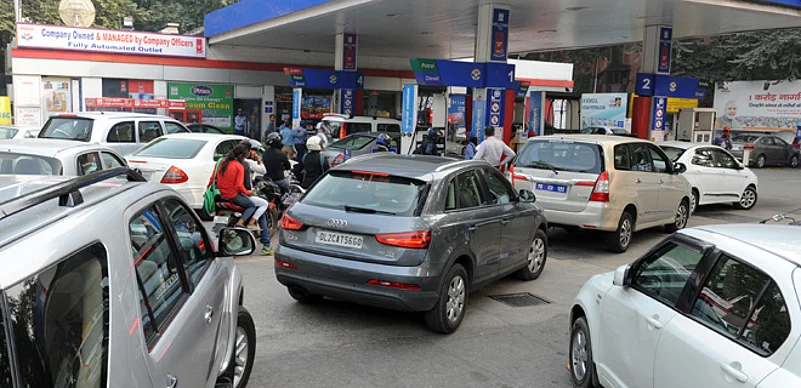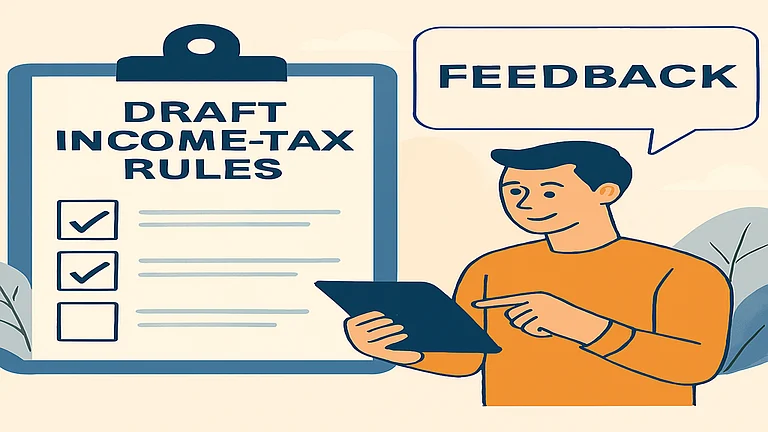Digital transactions are convenient, but they do come at a cost. Charges that were being waived are all set to make a return and the first to face the heat will be at fuel pumps
This New Year, new rules seem to be the order of the day. Going by reports about the confusion over credit and debit cards being accepted or declined by petrol pumps, the bone of contention for the move is the 1 per cent transaction charge that banks plan to reintroduce. January 8 proved to be one when banks and petrol pumps got into locking horns over the transaction charge, before the government yet again stepped in to resolve the matter.
For those coming late into the story, banks were forced to do away with the MDR (merchant discount rate), something that they levy all merchants in return for the convenience of transaction using point of sale terminals (POST). MDR is the commission paid by the merchant to the acquiring bank for every transaction conducted on the POST installed by the bank. Since 2012, the Reserve Bank of India has capped the MDR for debit card transactions up to Rs 2,000 at 0.75% and at 1 per cent for all transactions above Rs 2,000.
According to a December 16 notification of the RBI, the apex bank lowered MDR charges on payments made through debit cards to 0.25 per cent for payment up to Rs 1,000 from January 1 to March 31, 2017. Further, the government announced 0.75 per cent discount on purchase of fuel through card. These moves were to push cashless transaction and digital payments. However, the impact of these moves hurt banks and POST issuers that have a revenue stream coming in from transactions on these devices.
Fuel worry
Of the 53,842 public sector fuel outlets from a total of 56,190 fuel pumps in the country, about 60 per cent of card swipes at these bunks are through two leading banks – ICICI Bank and HDFC Bank. Naturally, the banks lose out if the charges are waived indefinitely. Moreover, it is not as if the charges did not exist earlier – it did exist. However, in a scenario, where most transactions will now be cashless, the prospect of paying a charge in its entire earnings will hit fuel pump dealers.
Although the issue has been resolved for the time being, it is a temporary measure. For consumers, the proposed digital shift on transactions and payments will come with several riders. The limited cash in circulation means one will be forced to use digital payments. But, it will be hard to convince people why they need to pay more than what they are actually spending on by way of transaction charges.
For card issuers, profits will always be top priority and any waiver of charges will be accepted only as a stop gap measure, which the government should compensate. In the meantime, if you have been a convert to card transactions over the past two months and grinning over the convenience, do not forget that cash is king. After all, when it comes to haggling with a seller, cash will always tilt the scale towards a bargain over any other form of transaction. Keep tracking when charges make a re-entry.













